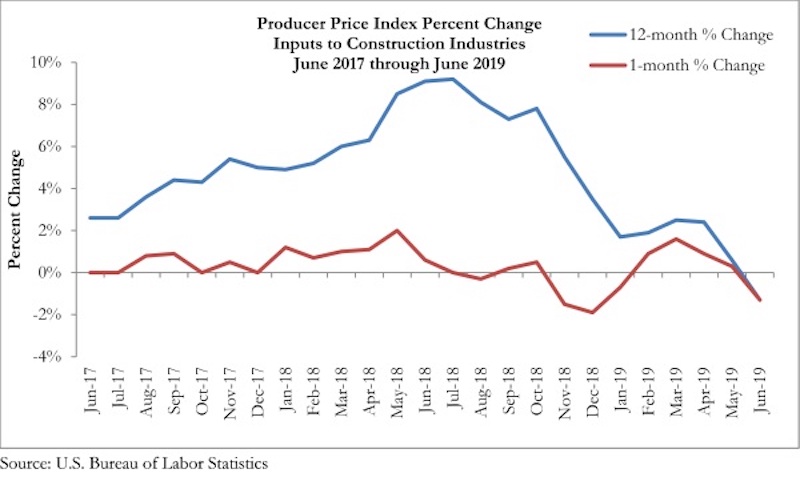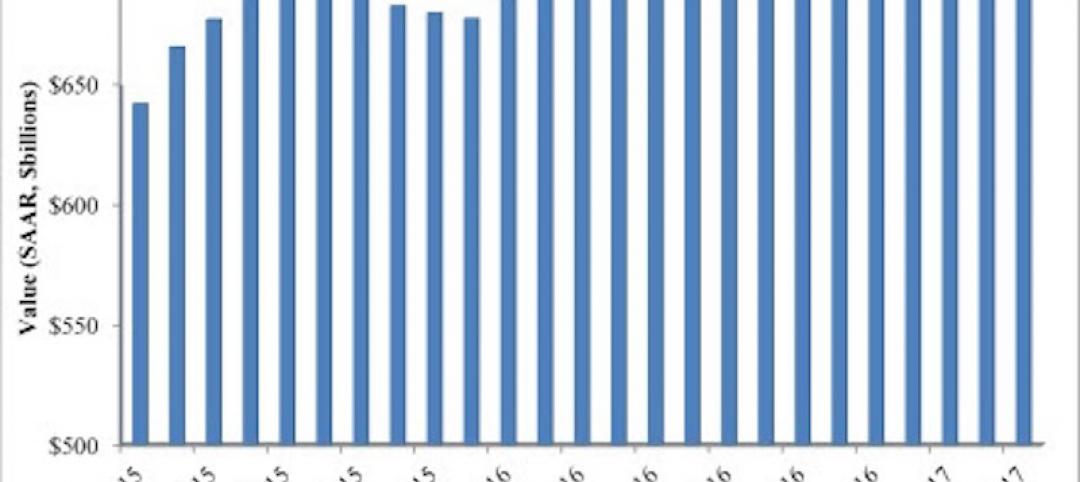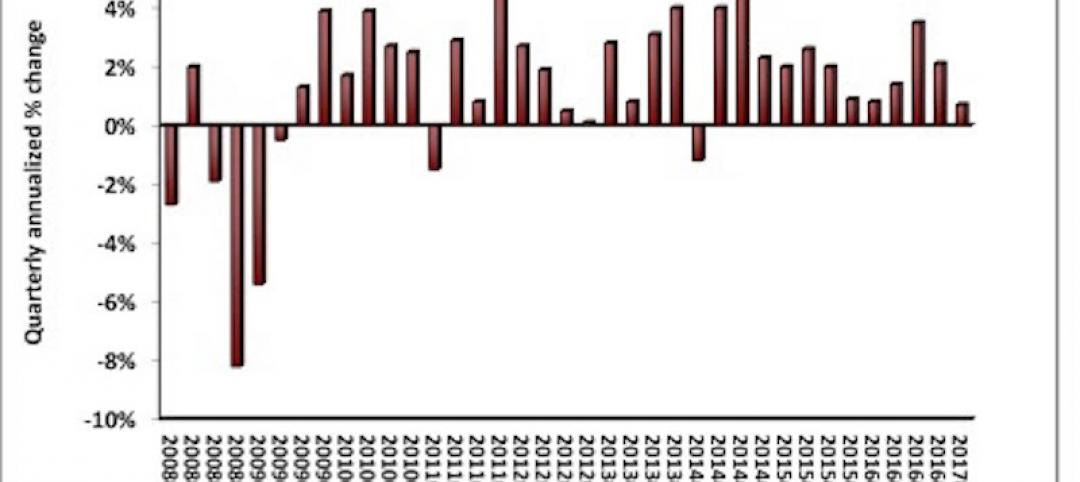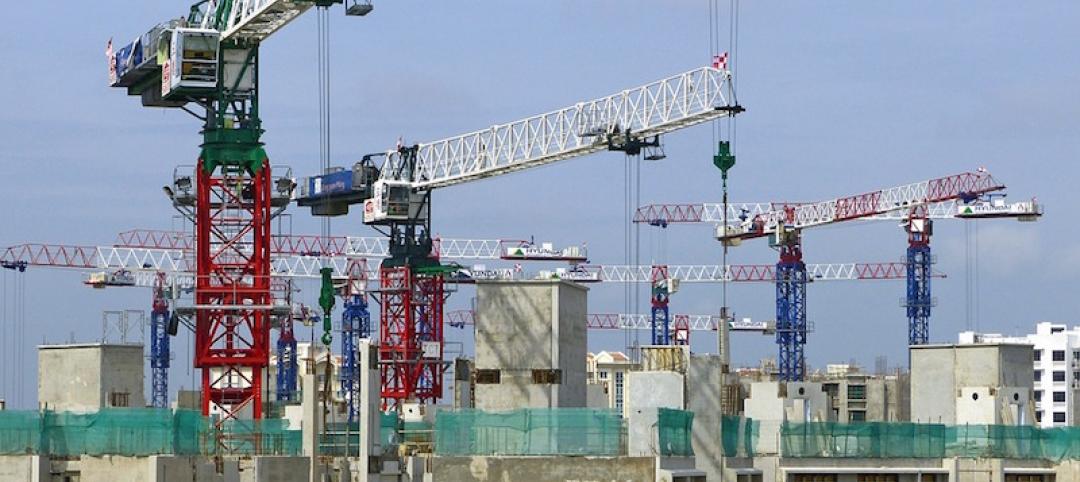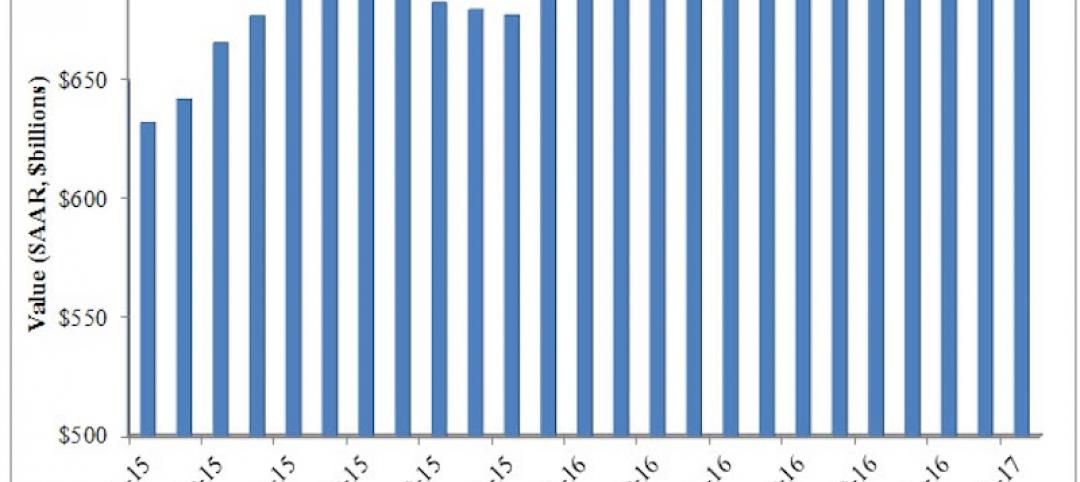Construction input prices decreased 1.3% on both a monthly and yearly basis in June, according to an Associated Builders and Contractors analysis of U.S. Bureau of Labor Statistics’ Producer Price Index data released today. This is the first time in nearly three years that input prices have fallen on a year-over-year basis.
Overall, nonresidential construction input prices declined 1.4% from May 2019 but are down just 0.8% from June 2018. Among the 11 sub-categories, only natural gas (+1.6%) and concrete products (+0.9%) prices increased compared to May 2019. On a yearly basis, three of the sub-category prices have declined by more than 20%, including softwood lumber (-23.1%), crude petroleum (-22.2%) and natural gas (-22.3%).
“Eighteen months ago, surging construction materials prices represented one of the leading sources of concern among construction executives,” said ABC Chief Economist Anirban Basu. “That was a time of solid global economic growth and the first synchronized worldwide global expansion in approximately a decade. Yet things can change dramatically in a year and a half. According to today’s data release, construction materials prices are falling, in part a reflection of a weakening global economy.
“Given that the United States is in the midst of its lengthiest economic expansion with an unemployment rate at approximately a 50-year low, such low inflation remains a conundrum,” said Basu. “However, the June PPI numbers indicate that those commodities exposed to global economic weakness have been the ones to experience declines in prices, with the exception of concrete products and natural gas. While America has begun to export more natural gas, today’s prices largely reflect the domestic demand and supply.
“With the global economy continuing to stumble, there is little reason to believe that materials prices will bounce back significantly,” said Basu. “Of course, trade issues and other disputes can quickly alter the trajectories of prices. If economic forces are allowed to play out, contractors should be able to focus the bulk of their attention on labor compensation costs and worry relatively less about materials prices.”
Related Stories
Senior Living Design | May 9, 2017
Designing for a future of limited mobility
There is an accessibility challenge facing the U.S. An estimated 1 in 5 people will be aged 65 or older by 2040.
Industry Research | May 4, 2017
How your AEC firm can go from the shortlist to winning new business
Here are four key lessons to help you close more business.
Engineers | May 3, 2017
At first buoyed by Trump election, U.S. engineers now less optimistic about markets, new survey shows
The first quarter 2017 (Q1/17) of ACEC’s Engineering Business Index (EBI) dipped slightly (0.5 points) to 66.0.
Market Data | May 2, 2017
Nonresidential Spending loses steam after strong start to year
Spending in the segment totaled $708.6 billion on a seasonally adjusted, annualized basis.
Market Data | May 1, 2017
Nonresidential Fixed Investment surges despite sluggish economic in first quarter
Real gross domestic product (GDP) expanded 0.7 percent on a seasonally adjusted annualized rate during the first three months of the year.
Industry Research | Apr 28, 2017
A/E Industry lacks planning, but still spending large on hiring
The average 200-person A/E Firm is spending $200,000 on hiring, and not budgeting at all.
Market Data | Apr 19, 2017
Architecture Billings Index continues to strengthen
Balanced growth results in billings gains in all regions.
Market Data | Apr 13, 2017
2016’s top 10 states for commercial development
Three new states creep into the top 10 while first and second place remain unchanged.
Market Data | Apr 6, 2017
Architecture marketing: 5 tools to measure success
We’ve identified five architecture marketing tools that will help your firm evaluate if it’s on the track to more leads, higher growth, and broader brand visibility.
Market Data | Apr 3, 2017
Public nonresidential construction spending rebounds; overall spending unchanged in February
The segment totaled $701.9 billion on a seasonally adjusted annualized rate for the month, marking the seventh consecutive month in which nonresidential spending sat above the $700 billion threshold.


